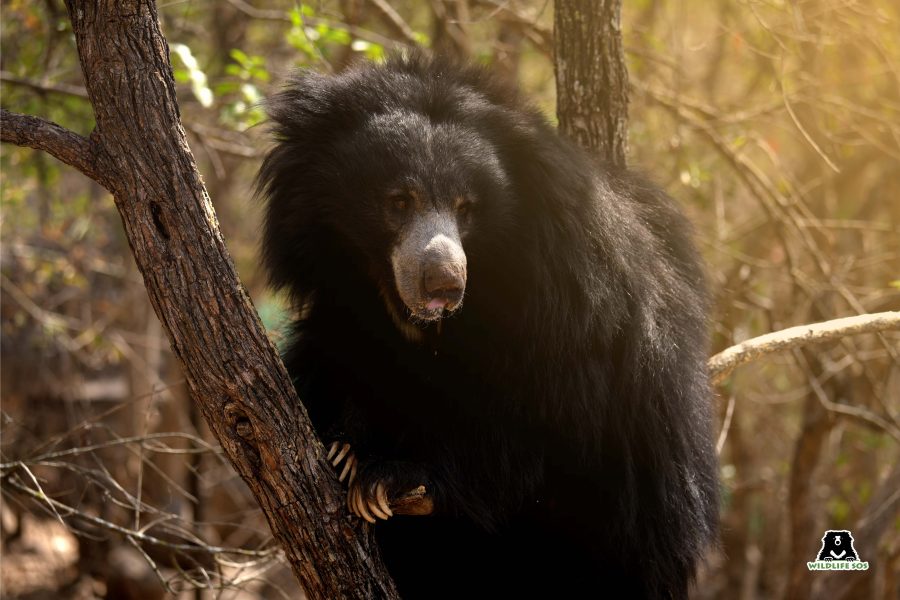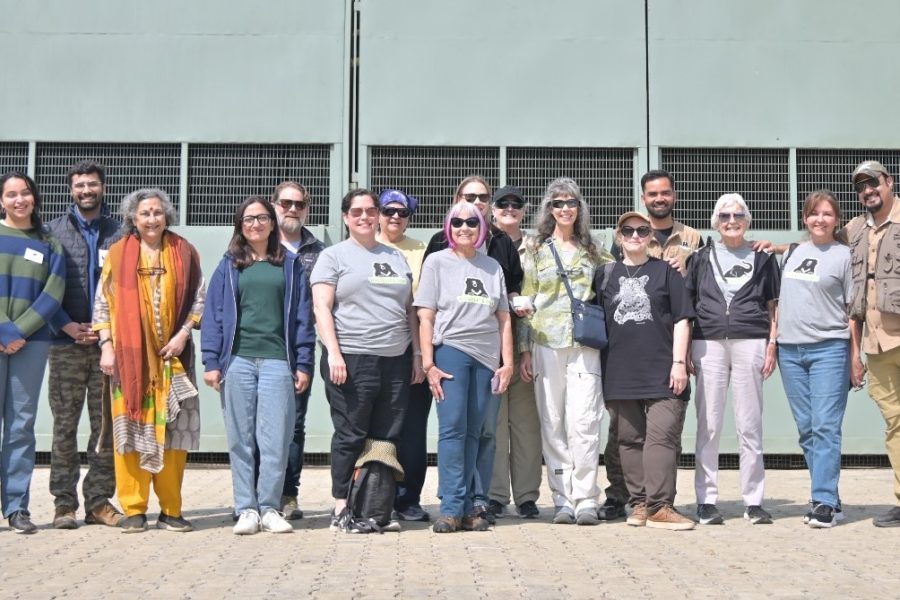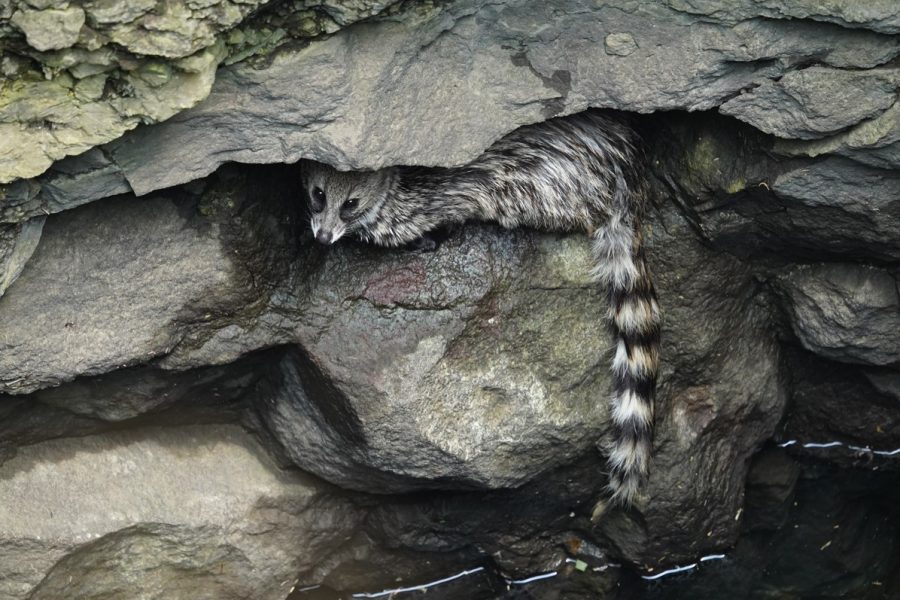In a joint Anti operation carried out by Wildlife SOS with Haryana Forest Dept and Haryana Police based on intelligence intercepted by Wildlife SOS, it was shocking to learn that wildlife poaching was rampant in the border areas of Delhi.
An ambush operation was arranged and the team had an all night vigil which we hoped would yield results.
A gang of five poachers was intercepted by the joint teams of the Haryana Police, Forest Dept and the anti-poaching unit of Wildlife SOS at Badshahpur in the outskirts of Delhi in Haryana.
The wildlife inspector from the Haryana Forest Dept together with his team and two armed policemen from the local Police station accompanied the Wildlife SOS team to the rendezvous.
The poachers were expected to arrive in the morning together with the Wildlife Contraband and get down at the highway to walk back to their respective hiding holes. The team had to wait at this location and intercept the vehicle and apprehend them. Plan B involved having a second team waiting a little ahead to ensure they don’t miss the poachers.
A mock drive was practiced at 3 am in unmarked vehicles to rule out any flaws.
Wildlife SOS had received intelligence from a reliable source that a team of poachers were seen on that route with jaw traps. Fortunately the poachers were nabbed red handed with the contraband. Five poachers were seen and at the time of arrest, one of them gave the enforcement authorities the slip and escaped into a nearby slum.
The 4 culprits were later taken to the Local police station together with the contraband consisting of 1 Dead Indian Jackal (Canis aureus indicus), 1 Dead Small Indian Civet (Viverricula indica), 15 nos metal Jaw traps, metal rods for killing their innocent victims, torches for their nocturnal activities, bedding and some ration.
Both the Indian Jackal and the small Indian Civet are protected under the Wildlife Protection Act 1972. Jackals – a pack hunter and scavenger is rapdily diminishing in number in its range due to poaching and habitat destruction while the small Indian civet is already on the brink of extinction. They are found in scrub jungles. Both species being nocturnal animals are commonly caught in the traps and also being smaller is easy to transport and hide.
 The accused belonged to Guliya tribal community and live in Najafgarh in Delhi. On interrogation they confessed of regular poaching ever month. They would sell the jackal body parts including meat, skin, penis, gall bladder etc for medicinal purposes. The skin would be used for percussion instruments like ‘Dhol’.
The accused belonged to Guliya tribal community and live in Najafgarh in Delhi. On interrogation they confessed of regular poaching ever month. They would sell the jackal body parts including meat, skin, penis, gall bladder etc for medicinal purposes. The skin would be used for percussion instruments like ‘Dhol’.
The civet body parts were sold individually to be used as traditional medicines especially as a mythical cure for paediatric illness. The jaw traps basically functioned as foothold trap. The animal once caught in the trap is beaten to death and then carried. And in a night when they stayed inside the forest they normally would catch up to 5 – 10 animals per night depending on season and location.
“The four accused have been booked under the Wildlife Protection Act of 1972 under the killing of endangered wildlife and laying of traps in protected forests and will be convicted for about 3-5 years of imprisonment and a monetary fineâ€, said Mr. Khan, Wildlife Inspector, Haryana Forest Dept.
“The criminals will be produced in the court of law and the wildlife articles given to the forest and wildlife department for disposal,†said Sub Inspector Anil Singh, station in-charge of Badshahpur Police Station.
“We are thankful to the police department and the wildlife department for working closely with the WSOS teams all through the night†said Sanjay Acharya, who was a part of the WSOS team.
“Traditional medicine and mythical believes in cures from animal parts is resulting in large scale poaching of our wildlife. We hope to sensitize the public about this through our awareness campaigns†said Kartick Satyanarayan, Co-founder and Chairman of Wildlife SOS.
To support Wildlife SOS Anti poaching efforts please click here





